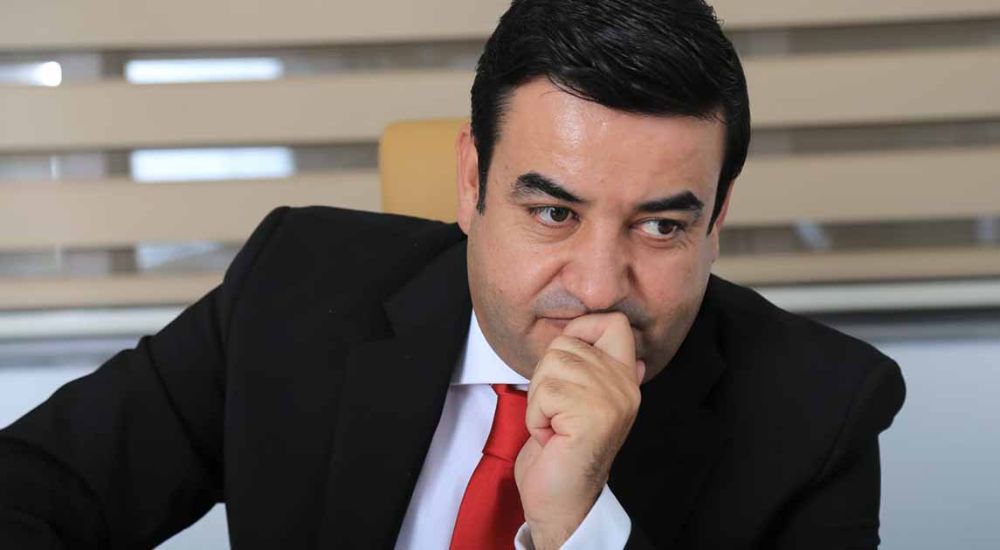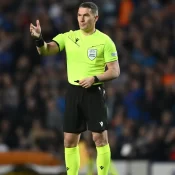
The Tunisian public prosecutor has issued an order for the detention of presidential candidate Zammel
The public prosecutor of Tunisia issued an order on Wednesday to detain presidential candidate Ayachi Zammel until his trial. This is the most recent of what critics refer to as President Kais Saied’s maneuvers to displace opponents who are contesting his reelection.
On Monday, Zammel opened a new tab after being arrested on charges of fabricating well-known endorsements. He was authorized to compete in the election scheduled for October 6th, along with Saied and politician Zouhair Maghzaoui.
Zammel has vehemently refuted the allegations and claimed he was the target of “restrictions and intimidation” since he posed a significant threat to Saied.
The prosecution chose to hold Zammel in detention until his trial, which has not yet been scheduled, according to Zammel’s attorney Kais Oueslati, who spoke to Reuters about this.
The decision was made two days after the electoral commission of Tunisia disregarded an administrative court decision and allowed three well-known contenders to reenter the race.
Political parties, human rights organizations, and constitutional law experts all objected, claiming that the judgment was unprecedented and cast doubt on the validity and legality of the election in the nation of North Africa.
Retired law professor Saied was democratically elected in 2019 and reinforced his hold on all authority in 2021, a move deemed a coup by the opposition.
Saied has stated that his actions were lawful and intended to put a stop to years of turmoil and corruption. He has denied staging a coup. He declared last year that “non-patriots” will not rule Tunisia.
On September 14, the official start of the election campaign comes amid demands from Saied’s detractors for all of his opponents to drop out and label the polls as a joke.
They said that the election commission had lost its independence and had turned its only objective into making sure Saied was re-elected to a second term. Such claims are refuted by the election commission, which maintains its impartiality and only follows the law.
All Categories
Recent Posts
Tags
+13162306000
zoneyetu@yahoo.com



